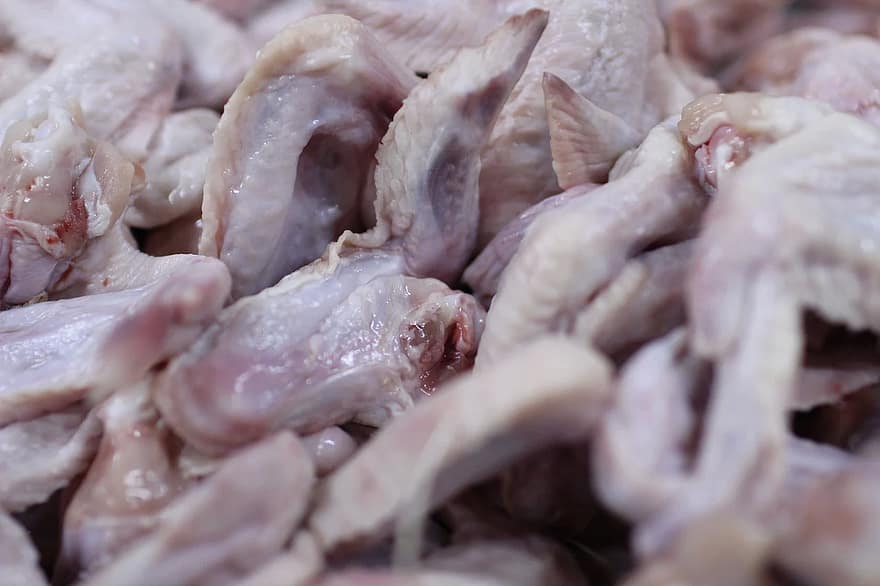
Pamela Cruz. Pen sula 360 Press [P360P].
San Francisco-based food innovation company East Just Inc. announced that after a rigorous review process, its lab-grown chicken has been approved for sale in Singapore, potentially marking the beginning of a new food future.
In a statement, the company said that this process is the first regulatory concession globally that allows the use of real meat grown directly in a laboratory for human consumption, from animal cells.
This industry-leading move builds on Singapore's reputation as a global leader in business, technology and culinary innovation, and underscores the country's dedication to entrepreneurial solutions that promote sound environmental management.
According to Eat Just co-founder and CEO Josh Tetrick,
